Expert Knee Replacement Surgeons in the Hudson Valley
At Orthopedic Associates of Dutchess County (OADC), our board-certified, fellowship-trained knee replacement surgeons are leaders in the diagnosis and treatment of severe knee conditions. We offer the latest innovations in knee replacement surgery, including minimally invasive procedures, robotic-assisted total knee arthroplasty, and outpatient same-day surgery. With convenient locations across the Hudson Valley, we provide personalized orthopedic care close to home.
Whether you’re living with advanced arthritis, recovering from a knee injury, or struggling with chronic knee pain, our expert team is committed to restoring your mobility and improving your quality of life. We take a comprehensive, patient-first approach to knee replacement, supporting you at every step—from preoperative education to your full recovery.
Why Choose Orthopedic Associates of Dutchess County for Knee Replacement Surgery?
For decades, OADC has been the trusted orthopedic practice for patients across the Hudson Valley. In addition to our commitment to surgical excellence, we pride ourselves on delivering comprehensive care and outstanding outcomes.
- Comprehensive Recovery Plans: We guide patients through every phase of recovery, including pain control, physical therapy, and activity modification, to ensure long-term success.
- Fellowship-Trained Surgeons: Our surgeons have advanced training in knee surgery and perform hundreds of knee replacements each year. We achieve excellent outcomes with low complication rates.
- Minimally Invasive and Robotic Surgery: We offer robotic-assisted total knee replacement, which enables precise, personalized placement of the implant based on each patient’s anatomy—helping improve function, longevity, and recovery.
What to Know About Knee Replacement Surgery
Knee replacement surgery is a highly successful orthopedic treatment for severe knee osteoarthritis and other degenerative joint conditions. During surgery, a surgeon removes damaged cartilage and bone from the knee joint and replaces them with a prosthetic implant designed to restore function and reduce pain.
Many knee replacement surgeries can be performed as outpatient procedures, allowing you to return home the same day without the need for a hospital stay.
Types of Knee Replacement Surgery
-
Total Knee Replacement (TKR): The most common type of knee replacement, this procedure involves resurfacing the entire knee joint with prosthetic components.
-
Partial Knee Replacement (PKR): For patients with damage confined to one part of the knee, a partial replacement may be appropriate, preserving more of the natural joint.
Many knee replacements can now be performed as outpatient procedures, allowing patients to return home the same day.
Which Conditions Does Knee Replacement Surgery Treat?
- The most common condition for which patients get knee replacement surgery is osteoarthritis, the most common form of arthritis. It is caused by wear and tear and causes pain and stiffness in joints. It is most common among older adults.
-
Other conditions that knee replacement surgery may treat include:
- Knee injury
-
Rheumatoid arthritis or other types of arthritis
Who is a Good Candidate for Knee Replacement Surgery?
While knee replacement surgery is very common, the treatment is most commonly recommended for:
- Patients with severe knee damage due to arthritis or injury.
- Patients who experience severe knee pain and swelling to the point where everyday activities such as walking, climbing stairs, and standing up are painful and difficult.
- Patients who have not responded to other treatments like physical therapy, medications, injections, or other surgical procedures.
Knee Replacement Recovery: What to Expect
Recovery plays a vital role in the success of knee replacement surgery. Here’s what to expect:
-
Hospital Stay and Same-Day Discharge: Depending on your overall health and home support, you may be able to go home the same day or stay overnight for observation.
-
Physical Therapy: PT usually begins at home shortly after surgery. Most patients participate in outpatient physical therapy for 8–12 weeks, though it may not be necessary for everyone.
-
Return to Driving and Work: Most patients can drive again in about 2–3 weeks after left knee surgery (as long as they’re off narcotic medications and can safely operate the vehicle). If surgery was performed on the right knee—or if the patient drives a manual transmission—we recommend waiting at least 4 weeks.
-
Total Knee Replacement (TKR): The most common type of knee replacement, this procedure involves resurfacing the entire knee joint with prosthetic components.
-
Partial Knee Replacement (PKR): For patients with damage confined to one part of the knee, a partial replacement may be appropriate, preserving more of the natural joint.
Many knee replacements can now be performed as outpatient procedures, allowing patients to return home the same day.
- The most common condition for which patients get knee replacement surgery is osteoarthritis, the most common form of arthritis. It is caused by wear and tear and causes pain and stiffness in joints. It is most common among older adults.
-
Other conditions that knee replacement surgery may treat include:
- Knee injury
-
Rheumatoid arthritis or other types of arthritis
While knee replacement surgery is very common, the treatment is most commonly recommended for:
- Patients with severe knee damage due to arthritis or injury.
- Patients who experience severe knee pain and swelling to the point where everyday activities such as walking, climbing stairs, and standing up are painful and difficult.
- Patients who have not responded to other treatments like physical therapy, medications, injections, or other surgical procedures.
Recovery plays a vital role in the success of knee replacement surgery. Here’s what to expect:
-
Hospital Stay and Same-Day Discharge: Depending on your overall health and home support, you may be able to go home the same day or stay overnight for observation.
-
Physical Therapy: PT usually begins at home shortly after surgery. Most patients participate in outpatient physical therapy for 8–12 weeks, though it may not be necessary for everyone.
-
Return to Driving and Work: Most patients can drive again in about 2–3 weeks after left knee surgery (as long as they’re off narcotic medications and can safely operate the vehicle). If surgery was performed on the right knee—or if the patient drives a manual transmission—we recommend waiting at least 4 weeks.
Featured Videos
Benefits of Same Day Joint Replacement Surgery
Who is a Candidate for Outpatient Joint Replacement Surgery?
Recovery After Surgery
Physicians
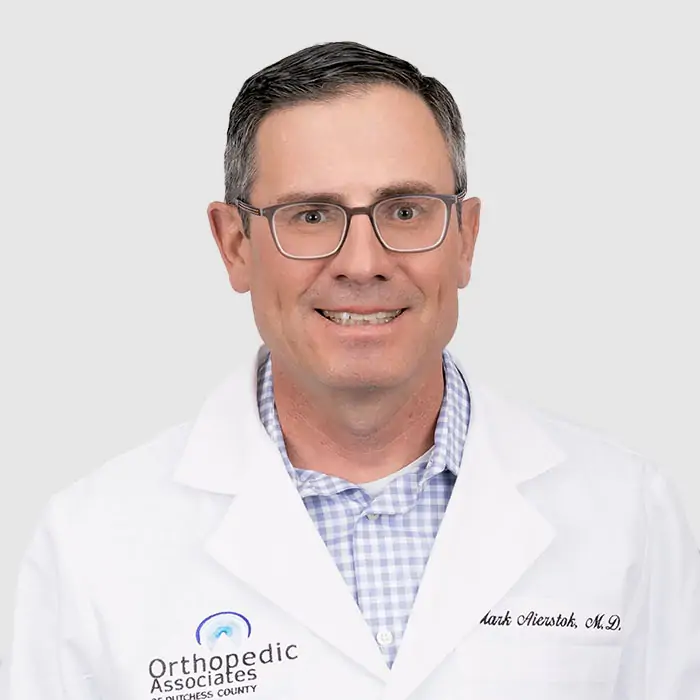
- Sports Medicine
Practicing in:
Poughkeepsie, Rhinebeck, and Kingston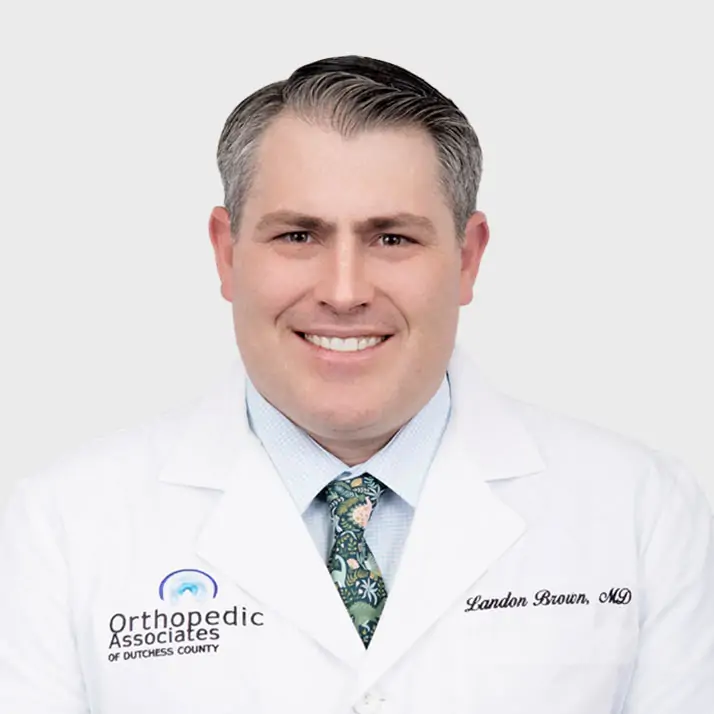
- Hip and Knee Replacement
Practicing in:
Poughkeepsie and Hopewell Junction
- Sports Medicine
Practicing in:
Poughkeepsie and Hopewell Junction
- Sports Medicine
Practicing in:
New Windsor, Hopewell Junction, and Poughkeepsie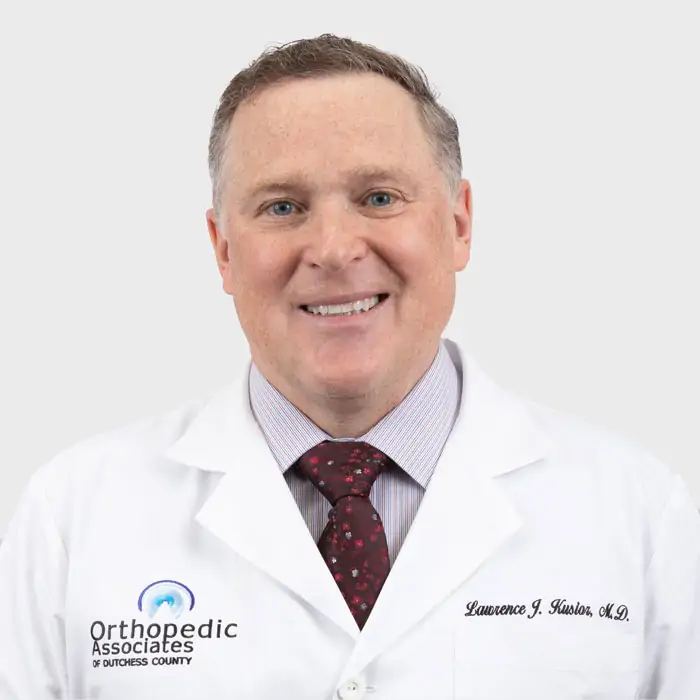
- Sports Medicine
Practicing in:
Poughkeepsie and Hopewell Junction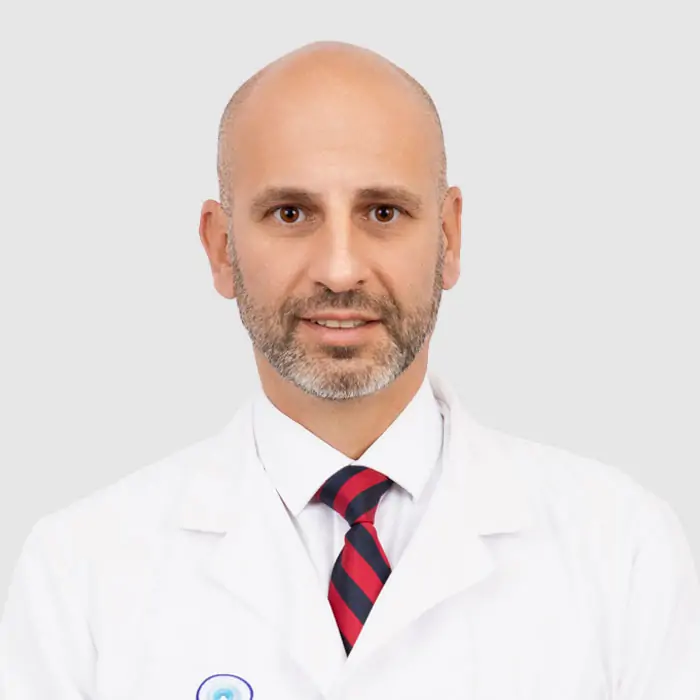
- Hip and Knee Replacement
Practicing in:
Poughkeepsie and Kingston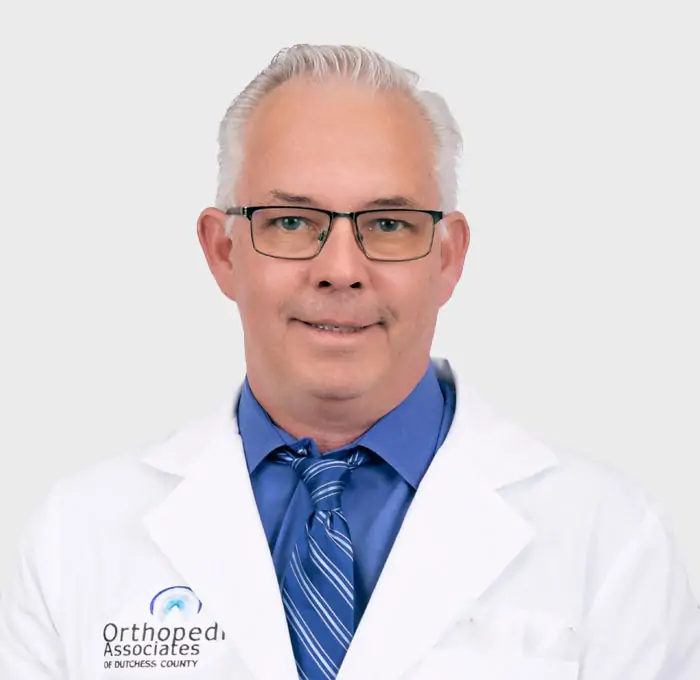
- Hip and Knee Replacement
- Sports Medicine
- Trauma and Fracture Care
Practicing in:
New Windsor
- Hip and Knee Replacement
- Trauma and Fracture Care
Practicing in:
Poughkeepsie, Rhinebeck, and Kingston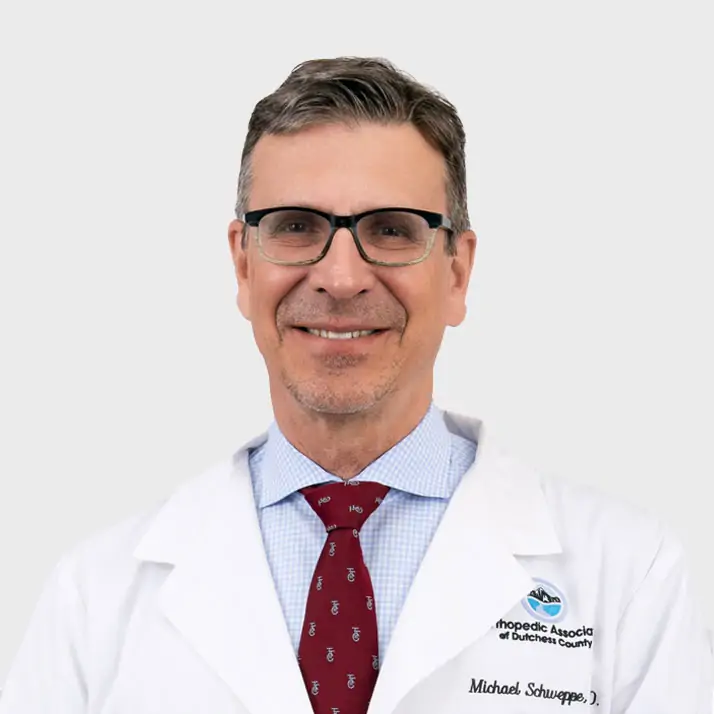
- Sports Medicine
Practicing in:
Rhinebeck and Kingston
- Hip and Knee Replacement
Practicing in:
Poughkeepsie, Hopewell Junction, and Rhinebeck

